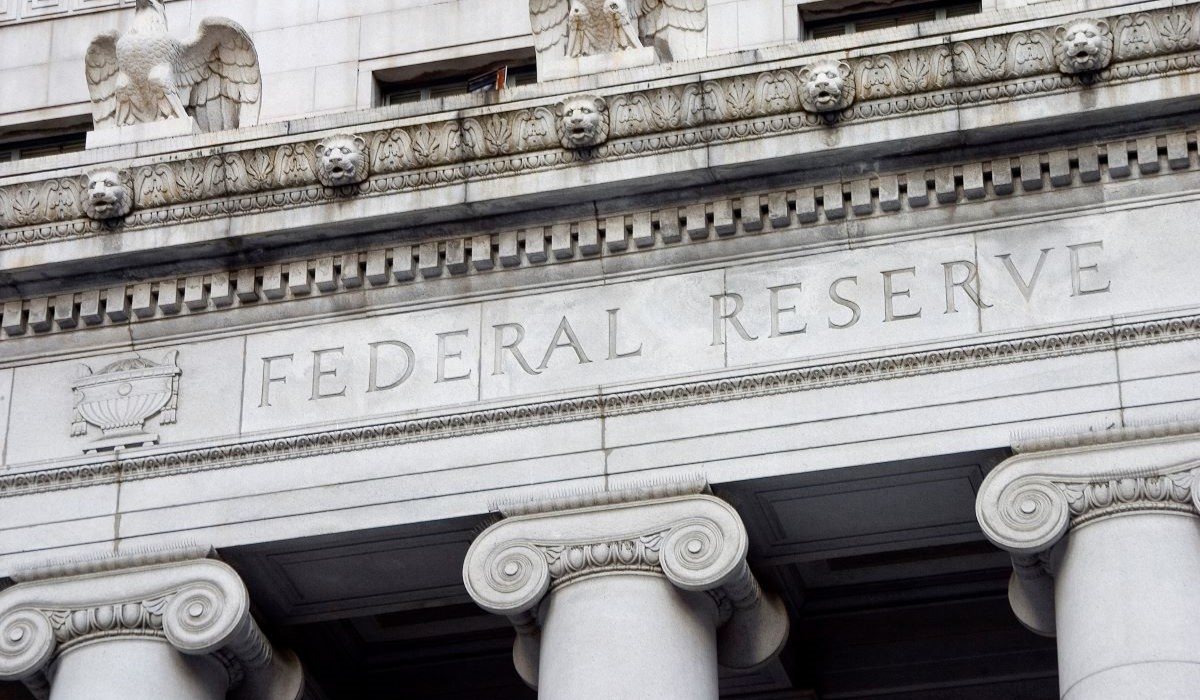A series of unusual real estate factors have resulted in unit values growing faster than home values. Picture: Britta Campion / The Australian
Over the past three months, apartments have recorded higher price growth than houses in every capital city except Darwin and Canberra, which both have higher levels of supply at the moment.
Apartments also outperformed houses in regional NSW and Victoria over the period. In regional Queensland, apartment and house prices rose strongly and the difference in pace was just 0.2 per cent.
This situation is a bit unusual.
Over the long term, house prices generally grow faster than apartments because of the land value and the comparative scarcity of supply. The opposite is occurring now because of a few short-term market dynamics at play across Australia today.
MORE: Security pulled as Royals’ $57m feud explodes
Units are in high demand across the country.
The first dynamic is strained affordability, with higher interest rates making it difficult for some buyers to get the finance they need to buy the type of property they want in their favoured location.
When you apply for a loan today, your lender is going to add a 3 per cent buffer to the home loan rate – as per APRA guidelines – and will assess your ability to meet the repayments at this higher level. Prices are also rising in most areas, so your prospective purchase price keeps going up.
This makes getting a loan difficult, especially if you’re aiming to buy a house in a high-value market like Sydney. When affordability is strained, one of the obvious compromises to make is switching aspirations from a house to an apartment or townhouse, and that’s what some people are doing. This is contributing to apartment prices rising faster than houses.
We’re also seeing strong demand from investors and first home buyers, and both buyer groups tend to target apartments.
MORE: Gen Z, Millennials would give up sex for a home
Getting a loan is difficult.
INVESTOR, FIRST HOME BUYER LOANS GROWING
The latest lending data from the Australian Bureau of Statistics (ABS) shows 37.1 per cent of new home loans issued in May went to investors, which is the highest level in eight years.
The data also shows that first home buyers comprised 28.7 per cent of new owner-occupier finance, well above the decade average of 24.6 per cent. Many younger buyers are being supported by the Bank of Mum and Dad, which is the only reason they’re able to compete in a rising market with higher interest rates.
The final market dynamic pushing apartment prices higher is a lack of new supply.
Residential developers face several challenges, including a tradie shortage, high wage and materials costs and difficulty getting council approval for development. ABS figures show approvals for new apartments, townhouses and other strata-title dwellings were 22.1 per cent lower in June compared to June 2023.
For owner-occupiers, it’s very frustrating when your budget places you at the very edge of affordability for houses. In these circumstances, your search is typically limited to original houses that require a lot of work, perhaps on a smaller block than average, as these factors reduce the price.
If it gets to the point where you need to consider an apartment or townhouse instead, there are some good silver linings.
MORE: Why buying a home is about to get much easier
More investors and first home buyers are in the market.
LESS FINANCIAL PRESSURE
Firstly, you’re often taking a substantial step down in price when you choose to buy an apartment over a house. For example, the median apartment price in Sydney is $600,000 below houses. In Melbourne and Brisbane, the difference is about $330,000. In Canberra, it’s $400,000. In Hobart, it’s $150,000.
So, if you choose to give up the search for a house and look for an apartment or townhouse instead, what are you going to do with that spare financial capacity?
You could certainly reduce your budget and take out a smaller loan, which would mean less financial pressure if interest rates went up in the future.
If you retain roughly the same budget, you’ll go from looking at houses at the bottom of the price range to looking at apartments and townhouses at the middle to the top of the price range.
MORE: Landlords offer ‘free rent’ as vacancies soar
John McGrath says high quality units and houses will both achieve good capital growth over the long term.
This means higher quality homes with desirable features such as a spacious floorplan, north aspect, a good-size alfresco space or small garden, and modern fixtures and fittings throughout. You may even get an extra bedroom with your budget compared to what you would have got with a house.
Another silver lining is you may be able to buy in a better location that offers more lifestyle benefits, such as a beach suburb or one closer to the CBD compared to where you were looking for a house.
And don’t worry about capital growth. A high-quality townhouse or apartment with distinguishing features will still achieve good capital growth over the long term.
By John McGrath
* John McGrath is the managing director and chief executive officer of McGrath Estate Agents.
MORE: How I went from Centrelink to owning $90m in property



















 English (US) ·
English (US) ·